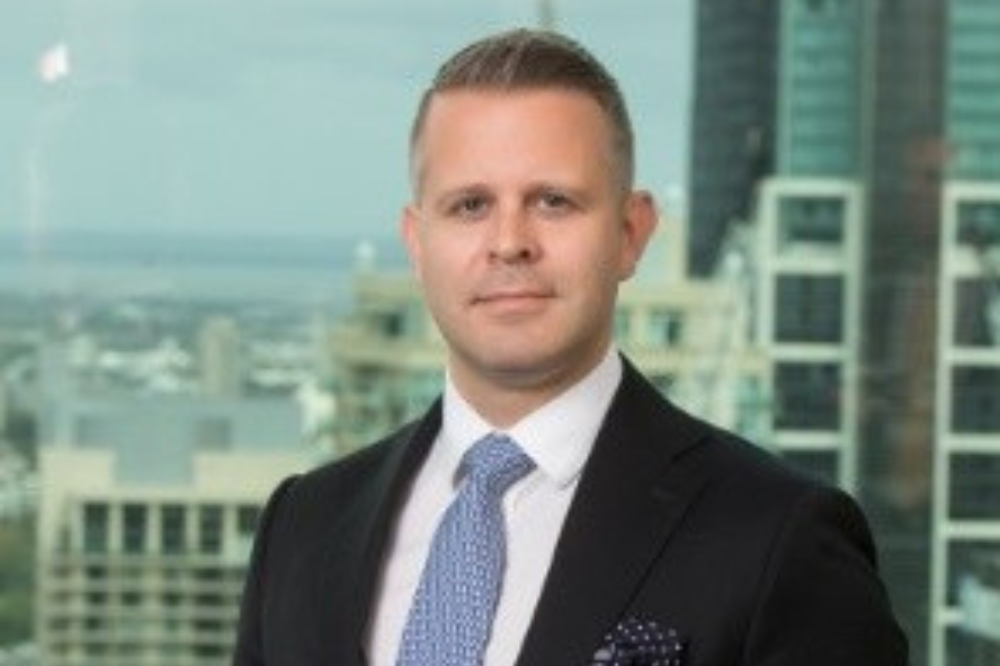Why is culture such an industry focus?

What is work culture?
Insurance companies, especially those on both ends of an acquisition deal, often talk about the important of a shared culture. According to the online Cambridge Dictionary, organizational culture is:
“The types of attitudes and agreed ways of working shared by the employees of a company or organization.”
In recent months, Insurance Business has interviewed insurance industry firms on both the purchasing and the selling end of mergers and acquisitions. In almost every interview, culture comes up as, allegedly, the main ingredient that cemented the deal.
“I felt that it was going to be a very easy transition because of our very similar cultures, focused on people and on results but having a good work life balance,” said John Whiteside, former director of Professional Insurance Solutions in February. He was explaining his decision to sell the business to Gallagher.
In January, when BMS Group (BMS) acquired Gold Coast headquartered Austbrokers Coast to Coast (C2C), BMS CEO Andrew Godden said the acquisition was “straightforward” because both firms share common priorities and cultures.
“Like-minded, client-focused, employee-focused and people that want to do an excellent job,” said Godden. He said ensuring a cultural fit in a deal of this kind is “paramount.”
Back in March 2021, the founder and managing director of Bovill Risk & Insurance Consultants (BRIC), Chris Bovill, commented on the centrality of culture when he sold his firm to Honan Insurance Group.
“Our culture of being willing to do hard things has been key – we love chasing the interesting, challenging things so many others shy from,” said Melbourne based Bovill. “In Honan, I recognised this ethos too.”
The culture challenge
Early this month, when IB asked Solution’s managing director Rhys Mills (pictured above), what his agency’s biggest challenges are, he said it wasn’t necessarily the underwriting side of the business.
“It’s the people and culture that we’re really, really focusing on,” he said. “We’re putting a heap of time and effort into developing our people.”
Mills mentioned the growth of his business from its beginnings with co-founder Anita Lane in 2010 to currently almost 50 staff across offices in Melbourne, Sydney, Brisbane and Perth.
“The philosophy is if we develop our people, if we develop the culture of the business and ensure that we’ve got a happy and healthy staff then the underwriting will follow because happier people are more willing to learn,” he said.
Mills said his firm has invested considerable time and finances into culture related initiatives to ensure people are happy and enjoy coming to work.
A dedicated staff position for company culture
“We’re looking at the moment for a people and culture person,” said Mills. “It’s more than an HR position, it’s much broader.”
Mills said he and Lane, with their responsibilities, don’t have the time to give the culture of the business the dedication it now needs.
“We are taking it very seriously to the extent that we are prepared to make a deeper investment and employ somebody to do it to make sure our 50 people spread around Australia, all from different backgrounds, are all individually happy and driven and get what they need out of their jobs,” said Mills. “We’re investing in that role to make sure that it’s done properly and not half-heartedly.”
IB asked if this renewed emphasis on work culture was a result of the COVID-19 pandemic and the rise of hybrid work and the current focus on employee mental health?
“No, I wouldn’t say it’s a result of COVID,” said Mills. “For us, it was a natural progression now that we are of that size and approaching that number of 50 staff.”
Mills said he and his staff “sat down” and acknowledged together that their workplace culture is an important part of what they do.
“We believe that it flows through to getting good results out of our people and it’s what they need to be happy, healthy and enjoy what they do – and not overwork,” he said. “I hate saying it, it’s a bit of cliché saying people are our biggest asset, but they are, without them we wouldn’t be where we are.”
Graduate Program
In another move that will likely positively impact the firm’s culture, Solution recently announced its own graduate program. Anika Hossain, who has a Masters in Business Administration and Ava Thornton, a Bachelor of Arts graduate, recently accepted positions at the firm.
“Each graduate will undergo a rotation across the business to learn the ins and outs of underwriting, operations, compliance, claims and support functions before determining which part of the business is best suited to them,” said a Solution media release.
How do you see company culture? Please comment below.





